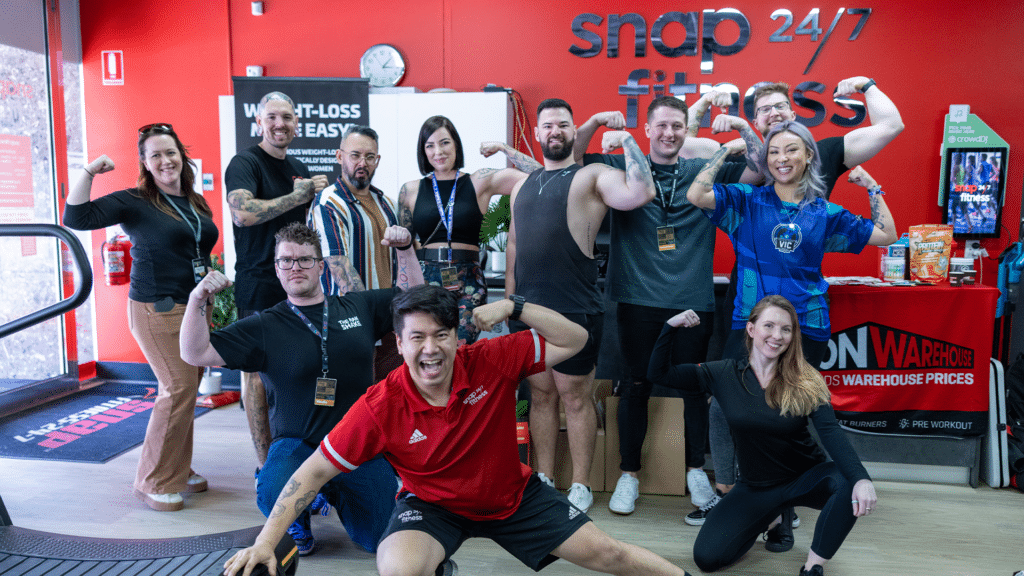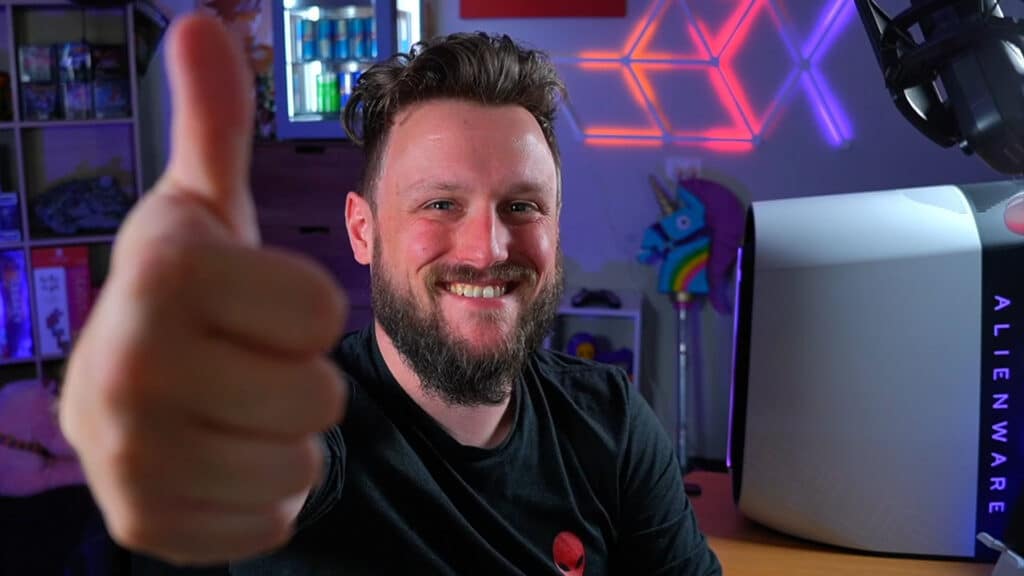Accessibility in gaming and gaming spaces is one of the most important issues that we, as gamers and people in the games industry, can approach. Ensuring gaming is for everyone is something that should be a priority for all of us. We’ve even been seeing huge steps taken recently with the release of Xbox’s Adaptive Controller and the signing of multiple disabled gamers to esports organisations, including the recent signing of the first paraplegic gamer to sign an esports deal with Luminosity Gaming. In short, the industry is changing every day, in a positive way.
Remarkable, one of Australia’s leading supporters of tech startups for and by disabled folks, has recently partnered with us here at gotogame.temp927.kinsta.cloud to put on a panel all about this very subject.

This isn’t just any panel, either. This is a stellar line-up, featuring:
- Steve Spohn, Chief Operations Officer and Community Outreach Director, AbleGamers (Pittsburgh, Pennsylvania, USA)
- Ellen Jurik, Narrative and Game Director, Blowfish Studios (Sydney)
- Humphrey Hanley, Creative Director, No Hands No Excuses (Wellington, New Zealand)
All moderated by Pete Horsley, Founder, Remarkable Technology Accelerator (Sydney)
The lineup being industry experts, as well as people with disabilities themselves, ensures that this is a discussion for, by and about the people who most need to be involved.
In Australia, 68 percent of us play video games of some kind, with the industry valued in the billions. eSports is quickly becoming a massive part of that. So, naturally, inclusion is going to be an important part of this, and learning how we can include a range of abilities is an important step in continuing to grow this massive industry. In America, there are 42 million players with some kind of disability.
The panel takes a look at folks with disabilities and how it changes their approach to gaming, ranging from physical hardware use and adaptions through to the software itself and what accessibility features it contains. The panellists also discuss their own personal difficulties, how they’ve overcome them, and their passion for gaming, and that accessibility features are just as important even for able-bodied folks.
Accessibility requirements aren’t just a box that can be ticked, they’re a broad range of topics that can be incredibly complex. There are needs ranging from the more obvious, such as being able to make text larger or a colourblind mode, to the importance behind remapping a controller not being a personal preference, but to some gamers, necessary to play the game.
The panel also goes through some of the more difficult questions about ability based play in eSports and how to categorise it, as well as looking at which companies are and are not taking steps to enable more disabled players access to their games. Among the big three, notably, Nintendo is the only one not taking bigger steps to ensure accessibility while Sony and Microsoft have both had their own methods of ensuring everyone has a way to play.
The other issue brought up in regard to eSports is the inevitability of certain antagonistic crowds complaining about disabled players having advantages, which is already occurring. The important takeaway is that while the answers may not immediately be at hand, these companies are still definitely having discussions about how inclusion can happen and how to update the current model of eSports to be one that’s more inclusive.

Almost every developer, particularly indies who perhaps see the lack of options in larger titles, are now making steps to include some kind of accessibility. Perhaps the best recent example of a AAA game doing so is The Last of us 2, which went out of its way to talk to a wide range of people about what they need to play games comfortably, and implementing it. Though other titles are still lacking in options, with another AAA title, Spider-Man, also for the PS4, having to patch in accessibility options in a day 1 patch as opposed to something built into the game early on, or Spyro Reignited Trilogy which needed 6 months to patch in subtitles as a feature.
This brings up one of the most important messages of the panel: “If you don’t design with accessibility in mind, you inadvertently exclude.”
A perfect example of this is my own disability, Crohn’s Disease, which can often require very sudden pauses to a game. It’s a stomach thing. It’s not ideal. But it’s real and it’s frustrating, especially when I play a game only to discover that it has no way to safely pause or leave the game. In some cases, this is a feature, like the ‘hardcore’ world of Dark Souls that stops for no one. In other cases, it’s a partial necessity, how can you have an online, fast-paced FPS game when you have someone suddenly dropping out? There’s entire dedicated systems to stop this. I do not play a lot of online games.
Another important takeaway is that we can’t be silent on the issue. Regardless of our level of ability, we all need to speak up about issues where we see them. Whether it’s a more obvious example of exclusion, or a more subtle accessibility feature not being included.
This is a large part of why Able Gamers is so important, in being so persistent, have created so much change and so much positivity by refusing to be silent about issues that were affecting real people. And at the end of the day, this is about real people who desperately want to engage with and enjoy a medium, but have been repeatedly denied access.
It also raises the important issue of costs. Disabled gamers tend to incur more costs than their able bodied counterparts and as a result, are less likely to chase eSports as a profession. This is despite the ability being absolutely mindblowing, such as one Street Fighter player who is the sixth best in the entire dang world and needs to use a controller with his face. He is the sixth best at Street Fighter. In the world. And he plays with his face. I can’t even do a Hadouken.
So we need to make noise, we need to ensure that funding and sponsorship in eSports is there for players who need it, to ensure that there’s an even playing field for who can pursue a career on par with any able-bodied player. Which is ironic, given that eSports is probably the most accessible sport in the world by its very nature.
Though more and more ignoring accessibility is something that’s noticed. Treating accessibility as an afterthought creates backlash where there used to be silence. Discussions are being had, amazing players are being signed, and designing with inclusion in mind at some level is basically mandatory.
To finish on a quote from the amazing Steve Spohn:
“Just because you can’t see the change, doesn’t mean you’re not making changes.”





